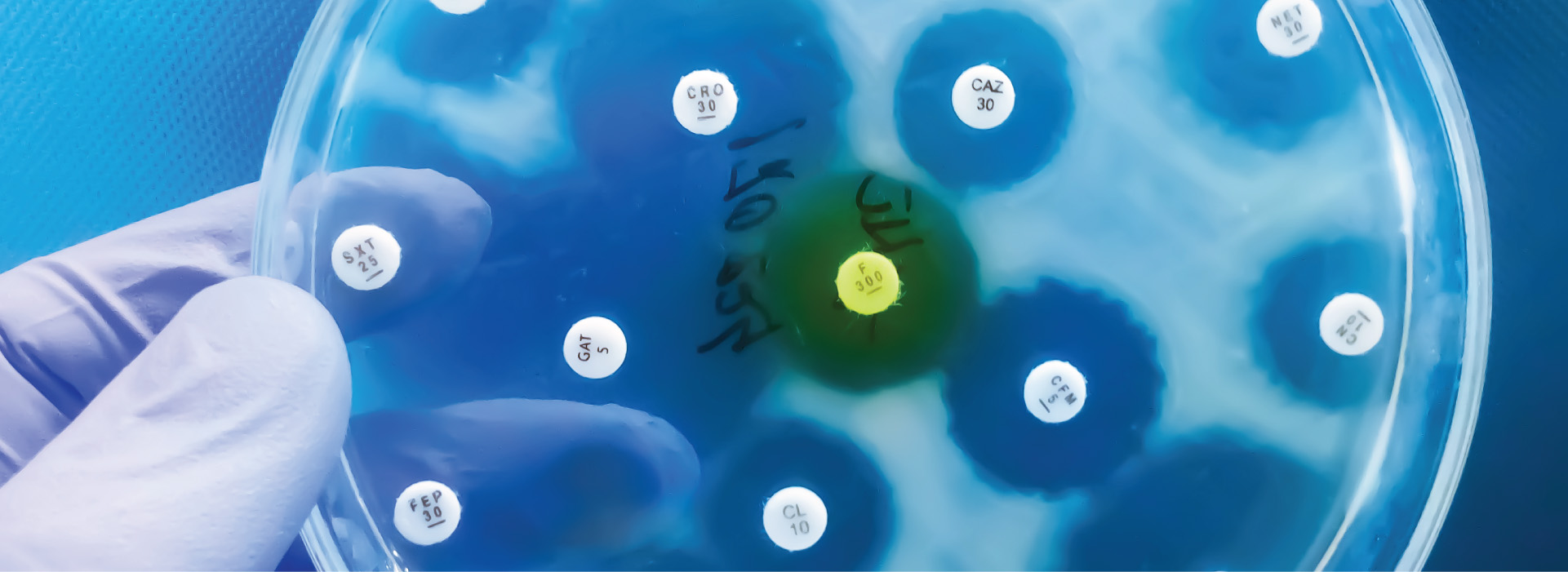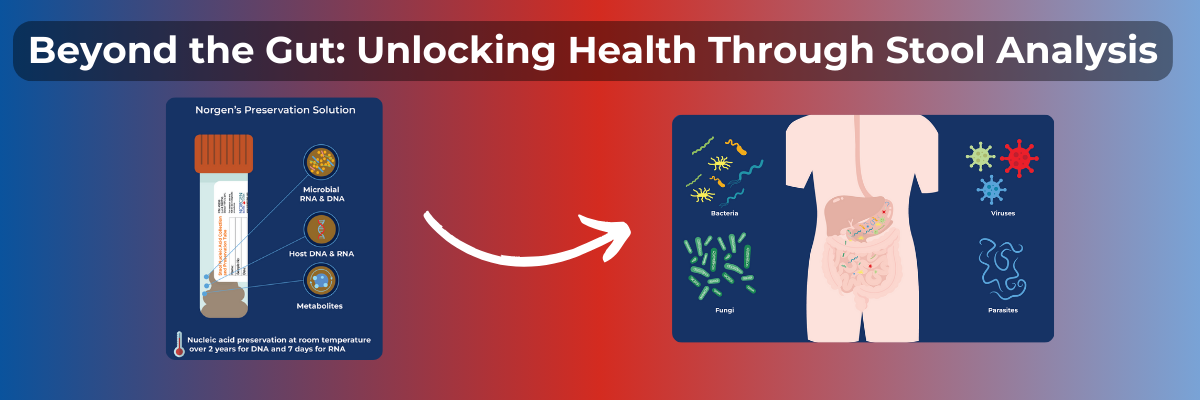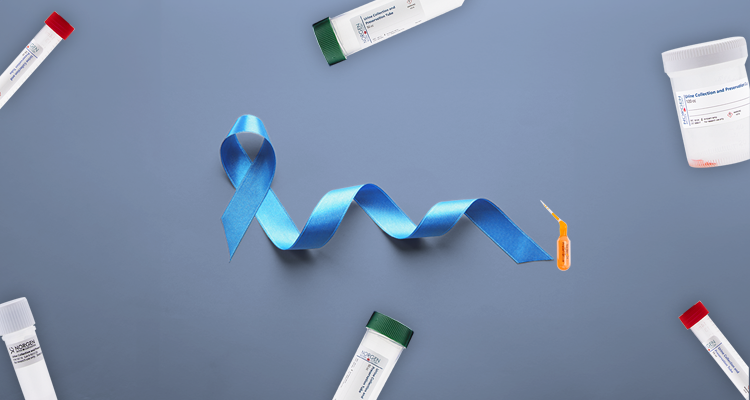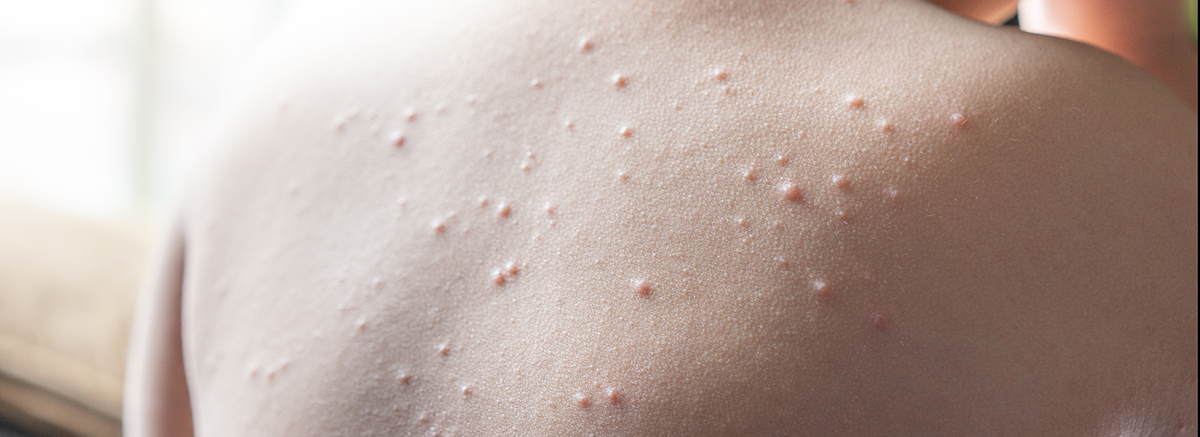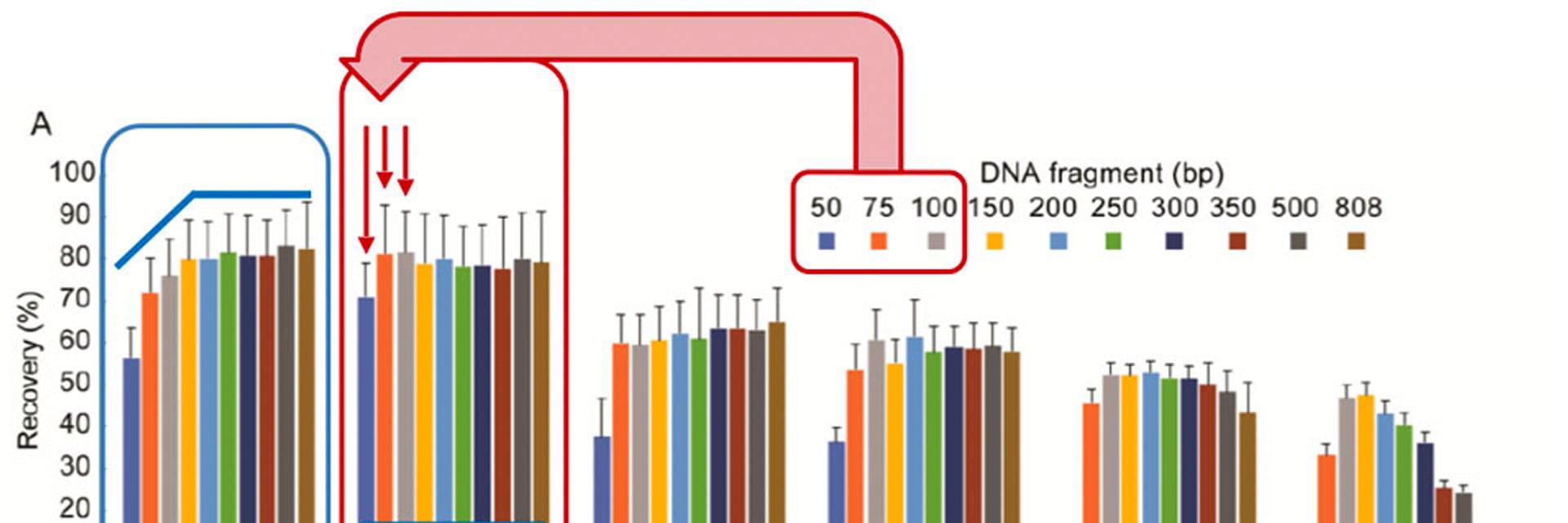
Recover Highest Amount of Small DNA Fragments when Compared to Other Commercially Available Purification Kits
A recent study conducted by researchers at the Macquarie University in Sydney, Australia evaluated the efficiency of several commercially available kits for extracting cell-free circulating DNA from plasma samples.
The study compared two spin-column based kits including the QIAmp Circulating Nucleic Acid Kit (Qiagen, Germany) and the Plasma/Serum Cell-free Circulating DNA Purification Midi Kit (Norgen Biotek, Canada) against 4 different magnetic-bead based kits including QIAamp minElute ccfDNA Mini Kit (Qiagen, Germany)(QiaM), Maxwell RSC ccfDNA Plasma Kit (Promega, USA), MagMAX cell-free DNA Isolation Kit (Applied Biosystems, USA) and NextPrep-Mag cfDNA Isolation Kit (Bioo Scientific, USA). The evaluation was performed based on assessing the efficiency of recovering a spiked–in commercial low molecular weight DNA ladder ranging from 25-808 bp.
The researchers found that both the Norgen Biotek (NorS) and Qiagen (QiaS) spin column-based kits demonstrated an insignificant difference in the overall recovery based on the mean recovery of the spiked-in DNA ladder fragments (Fig.1). In addition, they observed that both spin-column-based kits showed a “significantly greater recovery rate” than the magnetic bead-based kits (Fig.1).
NORBLOG
Want to hear more from Norgen?
Join over 10,000 scientists, bioinformaticians, and researchers who receive our exclusive deals, industry updates, and more, directly to their inbox.
For a limited time, subscribe and SAVE 10% on your next purchase!
SIGN UP
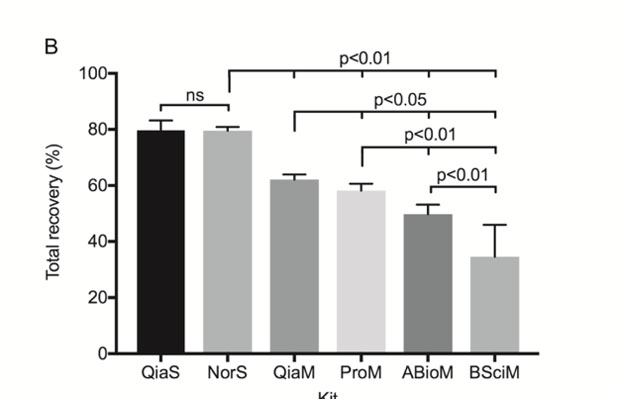
Fig.1 Comparison based on total DNA Fragment Recovery.
One notable difference that was not mentioned in the findings is that the NorS kit shows the highest recovery for the small DNA fragments of low molecular weight. NorS was able to recover 70% of the 50bp fragment as opposed to QiaS and QiaM that recovered 55% and <40% of the same size, respectively. In plasma and serum samples, cell free circulating DNA (cf-DNA) and specifically the tumor-derived circulating tumor DNA (ct-DNA) are typically found in fragment sizes of 130-170 bp Based on the data presented in Fig.2 the NorS kit recovers more of the DNA of interest between 75-250 bp regardless of the presence of higher molecular weight fragments. These fragments normally represent cellular gDNA contamination in plasma, which can hinder the detection of the low cf-DNA fragment sizes. Norgen Biotek’s kit utilizes silicon carbide technology, which does not exhibit any molecular weight cut-off, and is illustrated in Fig.2.
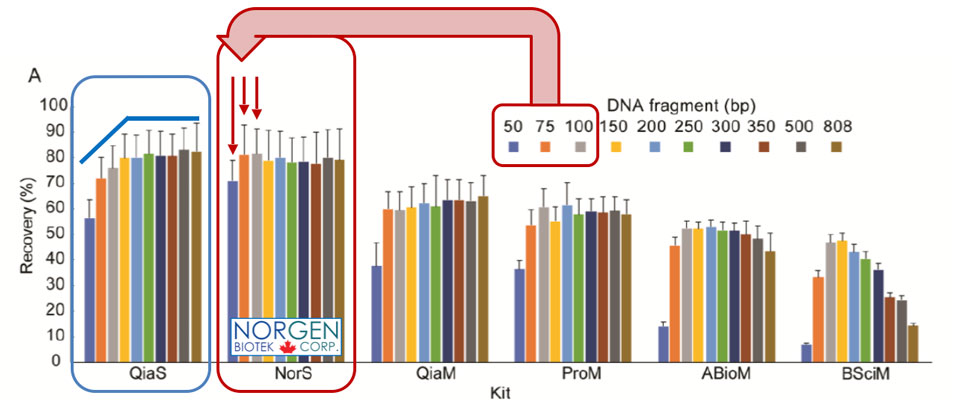
Fig.2 Comparison based on recovery of each individual spiked-in DNA fragment.
-
Diefenbach, R. J., Lee, J. H., Kefford, R. F., & Rizos, H. (2018). Evaluation of commercial kits for purification of circulating free DNA. Cancer genetics, 228, 21-27.
-
Underhill, H. R., Kitzman, J. O., Hellwig, S., Welker, N. C., Daza, R., Baker, D. N., … & Shendure, J. (2016). Fragment length of circulating tumor DNA. PLoS genetics, 12(7), e1006162.
-
Thierry, A. R., Mouliere, F., Gongora, C., Ollier, J., Robert, B., Ychou, M., … & Molina, F. (2010). Origin and quantification of circulating DNA in mice with human colorectal cancer xenografts. Nucleic acids research, 38(18), 6159-6175.
-
Lo, Y. D., Chan, K. A., Sun, H., Chen, E. Z., Jiang, P., Lun, F. M., … & Chiu, R. W. (2010). Maternal plasma DNA sequencing reveals the genome-wide genetic and mutational profile of the fetus. Science translational medicine, 2(61), 61ra91-61ra91.
